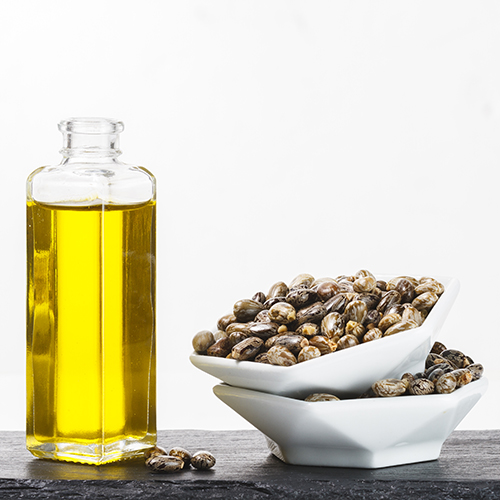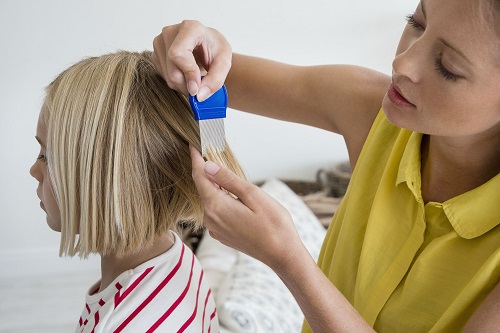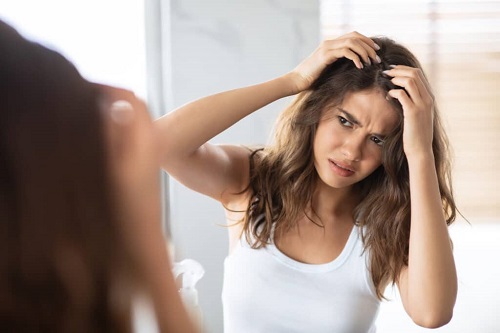Learn about using Castor Oil for Lice and discover how this natural remedy works wonderfully for your scalp!

Lice infestations are a common issue that primarily affects school-aged children but can also spread to adults. Traditional methods like over-the-counter shampoos and prescription treatments can be effective but may contain harsh chemicals. If you’re looking for a natural alternative, castor oil might be worth considering. In this article, we’ll explore the efficacy of Castor Oil for Lice treatment, its application methods, and any precautions to take.
Discover the Various Types of Castor Oil here
What is Lice?
Before you start worrying about a potential lice infestation, it’s crucial to understand what lice are and how they operate. Lice are minuscule parasites that primarily inhabit the scalp, neck, and ears, where they can feed on human blood.
Origin and Spread
Lice can initially take up residence among personal items like clothing, bedding, or hairbrushes. However, their primary method of spreading is through direct human contact. One of the most prevalent ways of lice transmission is by sharing hairbrushes or combs with an infested person.
Identifying Symptoms
Recognizing the signs of a lice infestation can usually be straightforward. The most telling symptom is a persistent itching sensation, which makes it feel as though something is crawling through your hair or on your skin. Over time, scratching the affected areas may lead to open sores. Other common indicators include:
- Red bumps on the scalp, neck, shoulders, or, in some cases, the pubic area.
- The presence of tiny white objects in your hair, which are often lice eggs or nits.
Learn about using Castor Oil for Babies here
Does Castor Oil Kill Lice?
Yes, it does. Let’s understand the efficacy of Castor Oil for Lice:
1. Suffocating Properties
One of the key ways castor oil may affect lice is by suffocation. The oil is incredibly viscous, meaning it can envelop lice and potentially suffocate them.
2. Antibacterial Qualities
Castor oil contains ricinoleic acid, which has antibacterial and antifungal properties. While lice are not bacteria, a cleaner scalp may indirectly reduce the rate of lice reproduction, though this is speculative.
3. Supporting Scalp Health
A healthy scalp may be less susceptible to lice infestations. Castor oil is often cited for its benefits in promoting a healthy scalp, though there is no direct evidence that this deters lice.
Learn about Diluting Castor Oil here
How to Use Castor Oil for Lice?
Mixing up a homemade remedy using castor oil for lice is relatively simple.
You’ll Need:
- Castor oil
- Shower cap
- Fine-tooth comb
- Shampoo and conditioner
Steps:
- Preparation: Begin by sectioning the hair.
- Application: Generously apply castor oil to the scalp and along the length of the hair.
- Sealing: Cover the head with a shower cap.
- Duration: Leave the oil on for at least two hours or overnight for maximum effect.
- Comb: After the oil has set, use a fine-tooth comb to remove dead lice and nits manually.
- Wash: Finally, shampoo and condition your hair thoroughly to remove all traces of castor oil.
Precautions
- Conduct a patch test to rule out any allergic reactions.
- Castor oil is very thick and can be hard to wash out; you may need to shampoo multiple times.
- Consult a healthcare provider if you’re pregnant, nursing, or treating infants.
Conclusion
While castor oil is not a clinically proven method for lice removal, its natural properties make it a topic of interest for those seeking alternative treatments. Always remember to consult your healthcare provider for the most reliable advice tailored to your needs.
Before implementing alternative treatments, discussing them with a healthcare professional, especially in severe or persistent cases is essential.




It does work…..
Good advice. I discovered the effectiveness of smothering lice on my own many years ago after fighting the battle of lice on my 3 little ones for the third time. I had done the shampoo, cleaned everything for the millionth time and put gel in my kid’s hair. Voila – lice gone! So shocked that no one suggested this.
You mean smothering castor oil right?? Lol, I hope it doesn’t take smothering lice to get rid of.. lice 😉 Hehe! But yes!! The oil is so thick and viscous that it kills the lice and their larvae, unlike just rinsing with water! Thanks for sharing 🙂